History
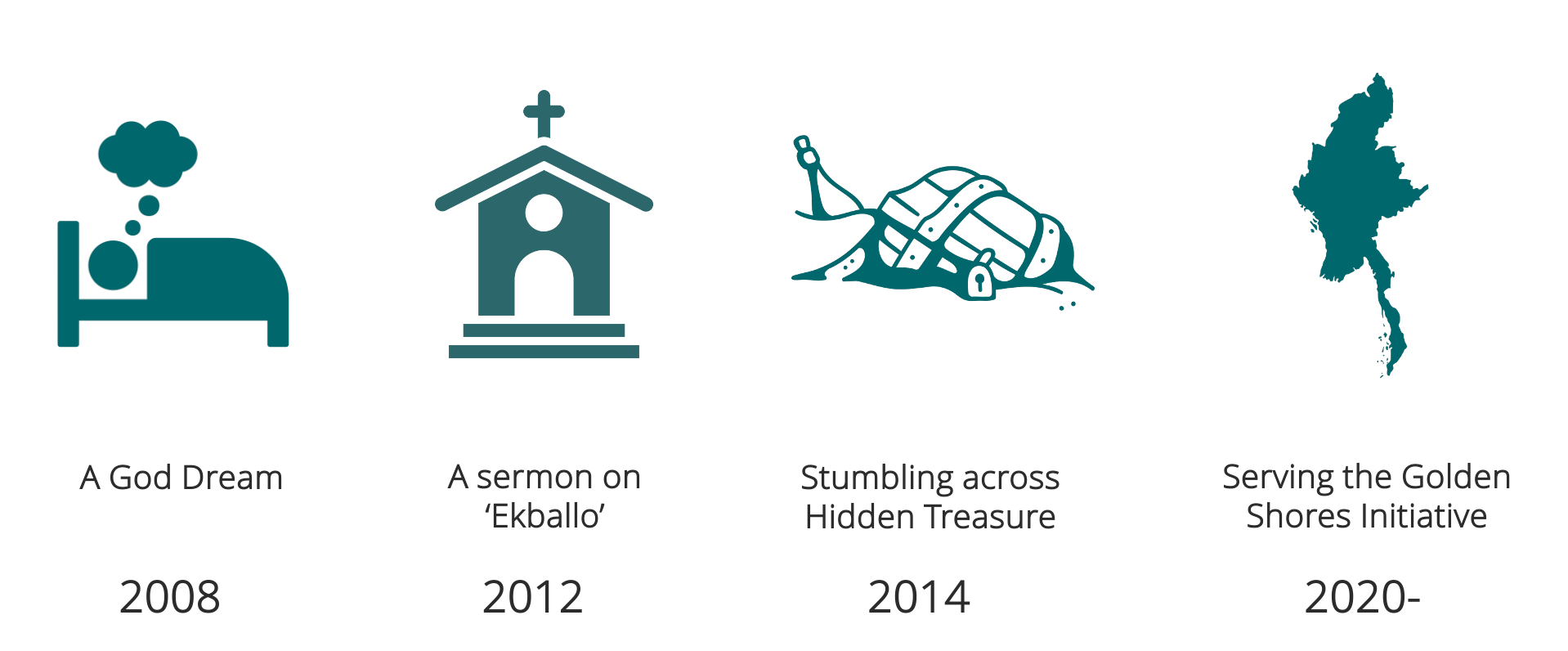
Our Story
A History of Jesus Leading Us Into the Harvest
“Pray earnestly to the Lord of the harvest to send out laborers into His harvest.”
— Matthew 9:38

2008 – The Candle Dream
In 2008, during a weekend retreat with his college pastor, Trip Nine, the founder of Ekballo U had a dream.
He was in AJ Memorial Chapel on Gordon College’s campus (where he went to school).
A door opened to him that doesn’t exist in real life. It led into a dark hallway lined with a multitude of unlit candles. They were all on a table to the right that stretched the length of the hallway.
At the end of the hall was a dead end with an altar. One candle was lit on it.
The candle on the altar had an inscription that said “The Lord’s.”
After staying there awhile, he turned around and noticed that a few of the candles on the vast hall table behind him were now lit.
He walked up to one of them, placed his hand over the flame, and then cast his hand into the sea of darkness where many candles remained unlit.
Fire followed his hand—and unlit candles began to ignite.
He didn’t fully understand the dream at first. He believed it was a call to bring the Gospel into dark places as a traveling evangelist, going wherever the Lord would send him. But God had different plans—leading him instead into the corporate tech world. The dream became a promise to hold onto, and for years he prayed over it, asking God to guide his steps.
In time, he spent several years doing street evangelism in New England, learning to obey without clarity—walking by faith and trusting that the Lord would reveal more as he went.
“Trust in the Lord with all your heart, and do not lean on your own understanding.
In all your ways acknowledge Him, and He will make straight your paths.”
— Proverbs 3:5–6

2012 – The Word That Anchored Us
While listening to a sermon from Lou Engle in December of 2012, the word “Ekballo” began to take root. Jesus uses it in Matthew 9:38 when He commands us to pray for more workers to be sent forth into the harvest.
In the Greek, ekballo means to thrust out, to send with urgency—a word that captured the spirit of this calling.

2014 – A Quiet Prompting & A Clear Call
On September 13, 2014, Trip was watching his newborn daughter while his wife was attending a bridesmaid gathering for a close friend. In that quiet waiting room, the Lord brought clarity.
After a few years of working in the tech industry and doing street evangelism, he sensed a simple prompting from the Holy Spirit: try using social media to reach people in hard-to-reach places.
That night, he launched a test Facebook page and gospel ad into the nation of Pakistan. By the next morning, hundreds had engaged. Within the week, over 3,000 people had followed the page. It felt like he had stumbled across hidden treasure in a field. The treasure being the hearts of men and the field being facebook. He determined to buy that field.
The Gospel was moving swiftly—quietly, and powerfully. No personality platform. No notability. Just Jesus.
Then, in December 2014, the Lord spoke again—this time more directly.
“Would you like to lead a ministry called Ekballo University—to teach, train, and equip others to do digital evangelism as well?”
Trip said yes.
It wasn’t flashy. There was no clear roadmap or funding strategy. Just a promise, and an invitation to follow Jesus into the unknown.
“Unless a grain of wheat falls to the ground and dies, it remains alone; but if it dies, it bears much fruit.”
— John 12:24
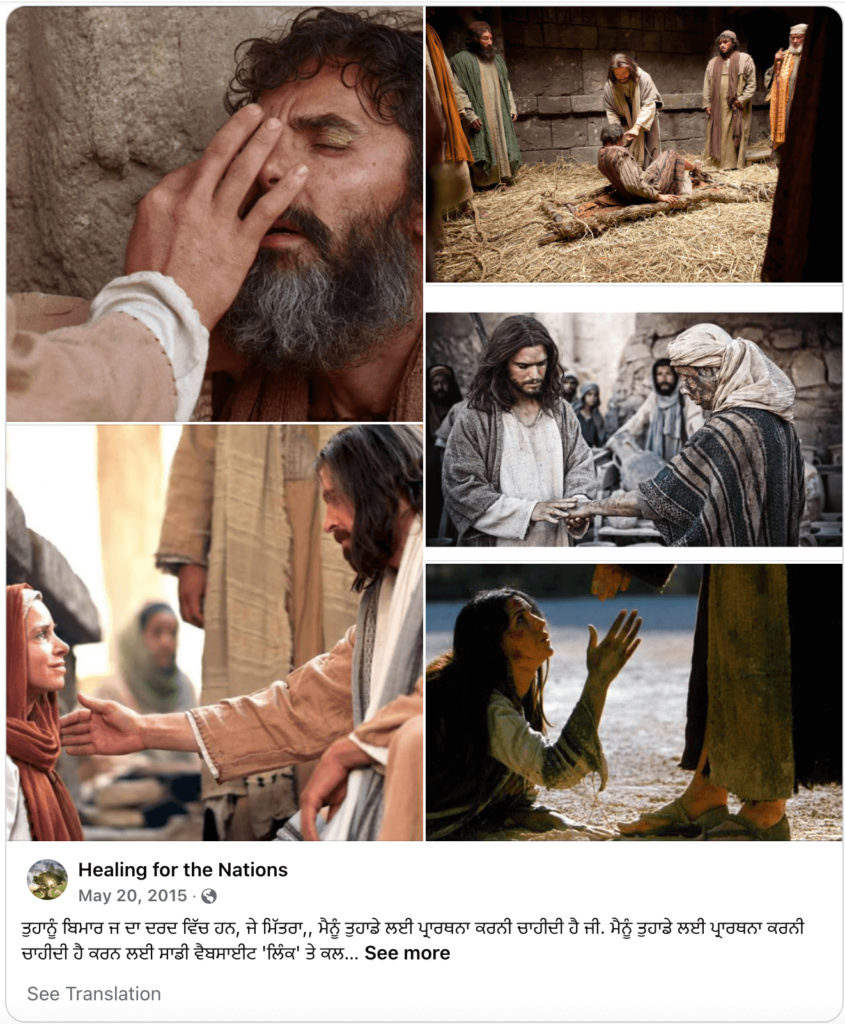
2015–2020 – The Formation Years
The promise had been spoken—but for the next five years, it remained unseen.
There were no big announcements. No public rollout of Ekballo University. Just a quiet beginning—putting into practice what the Lord had taught him, and waiting on God’s timing to train others.
These were years of holding fast to what God had said: that something real had been planted by Him, and in His time, He would cause it to grow.
Trip continued practicing digital evangelism, often alone. He experimented, failed, adapted, and slowly began to discern what worked across different cultures and platforms. It was a season of apprenticeship—where the Lord made one thing clear: you can only teach others what you’ve first lived yourself.
He learned that you don’t need to be known or funded to share Jesus with someone in a closed nation—you just need faith, a smartphone, and the Spirit of God.
And so, in hidden places, the foundation for Ekballo University was laid—not by building a brand, but by learning to go low, go slow, and follow the Lord’s voice.
“Do not despise these small beginnings, for the Lord rejoices to see the work begin…”
— Zechariah 4:10
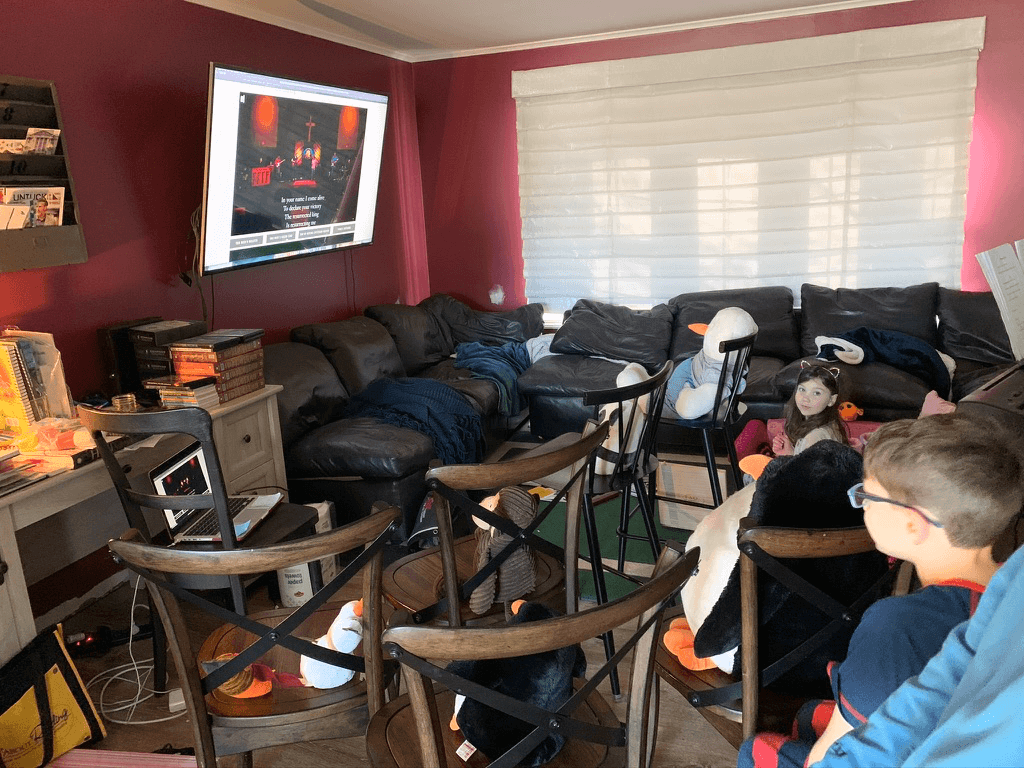
2020 – The Church Goes Online
When COVID-19 shut down in-person gatherings around the world, churches, missionaries, and evangelists suddenly had to wrestle with the same question:
How do we keep making disciples when the doors are closed?
It was divine timing. As the Church was pushed into new ways of reaching people—through streaming, social media, and digital tools—Ekballo University officially launched. That year, in partnership with the Golden Shores Initiative, training began with 8 teams in Myanmar.
The results were far beyond what we could have imagined:
10,598,322 people reached
624,272 digital tract engagements
23,182 conversations initiated
588 decisions to follow Jesus
Many of these new believers were connected with local churches, given a digital Bible, and received follow-up through local workers.
“The Gospel… is bearing fruit and growing throughout the whole world.”
— Colossians 1:6
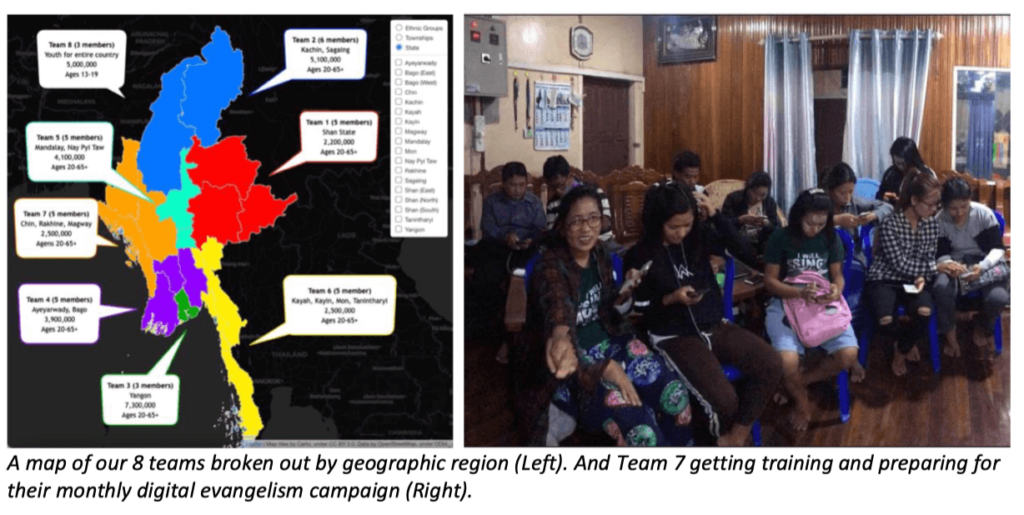
2021–2025 – Multiplying Through Teams
As the model proved fruitful, new teams began to form. By 2022, the ministry had grown to 7 nations. As of 2025, we are supporting 21 teams across 17 countries, most of them connected to a global missions movement.
Each team is made up of field leaders who are equipped to:
Use digital ads to find spiritually open people
Engage in meaningful Gospel conversations online
Follow up with in-person discipleship and local church connections
We believe this team-led model is part of how Jesus is reaching unreached people in this generation—and it’s our joy to serve and support them.
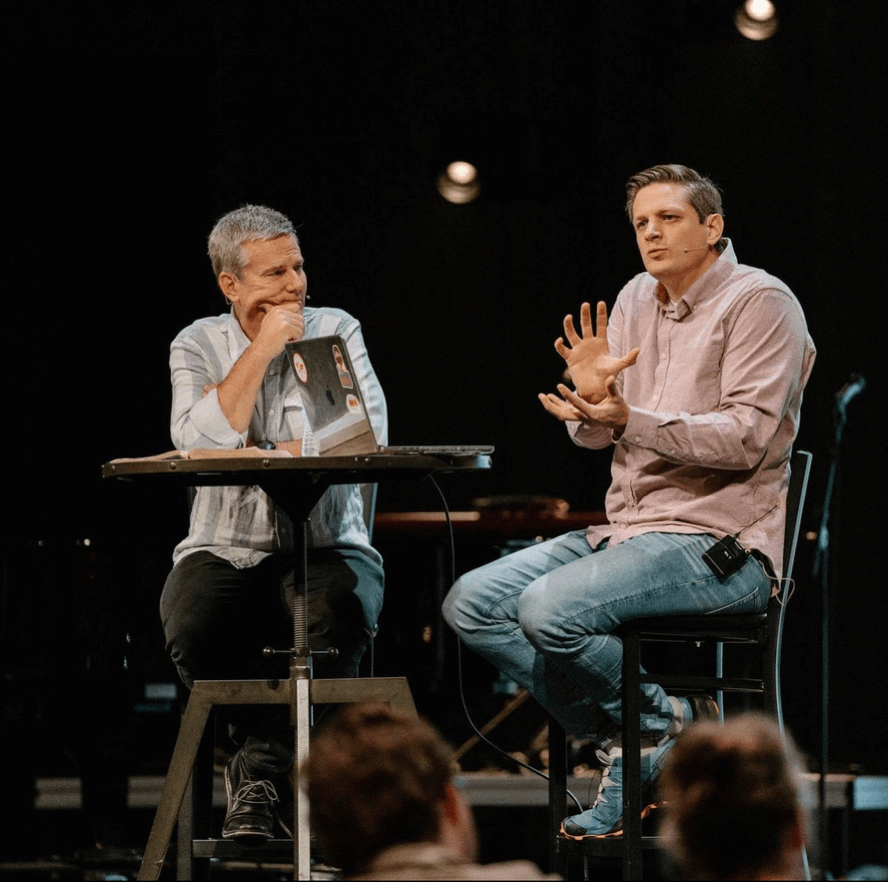
Our Focus
We’re not here to build a brand or create a platform. We’re here to serve the Church, so that more people can be sent into the harvest field.
Our goal over the next decade is to equip 60 nations with trained teams who are ready to reach their own people—through tools that are already in their hands.
“This Gospel of the kingdom will be preached in the whole world as a testimony to all nations…”
— Matthew 24:14
